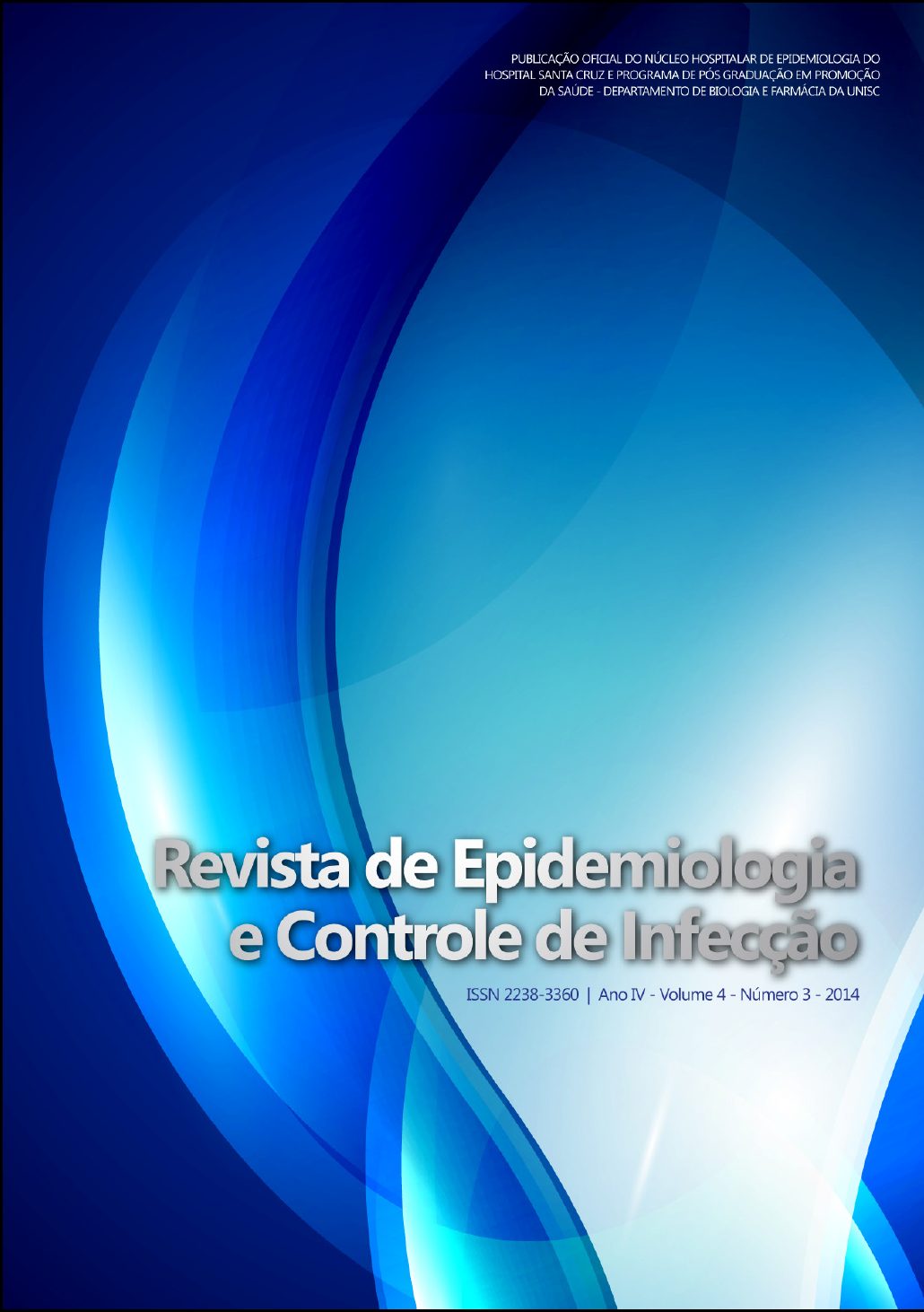Ambulatory care sensitive conditions: diagnostic reliability in southern Brazil.
DOI:
https://doi.org/10.17058/reci.v4i3.5045Abstract
Introduction: Ambulatory Care Sensitive Conditions (ACSC) are illnesses that could be prevented with adjusted ambulatorial care. ACSC have been used as indicator in effectiveness of the primary healthcare attention, through the evaluation of hospital admissions. However, we do not have studies to certify the reliability of diagnosis of ACSC in our country. Objective: To determine if the classification of ACSC from the main diagnostic field of the authorization of hospital internment (AHI) is reliable. Methods: Transversal study carried through February of 2010 to January of 2011, in the city of Santa Cruz of Sul (RS). A random sample of 389 medical records was selected and evaluated by two medical appraisers. The main diagnosis in the AHI was compared with the classification in ACSC or not ACSC given for the appraisers after the study of each medical record. Kappa ratio agreement was used to calculate the reliability of the ACSC diagnostic. Results: The ratio of agreement between diagnosis from the AIH and CSAP assessment contained in the records was 92%, with a kappa coefficient of 0,784. Conclusions: The diagnostic of ACSC found in main diagnostic field of AHI showed agreement ratios over expected by chance, with kappa value equal to 0.784 and the correlation rated between substantial and almost perfect.Downloads
Downloads
Published
How to Cite
Issue
Section
License
The author must state that the paper is original (has not been published previously), not infringing any copyright or other ownership right involving third parties. Once the paper is submitted, the Journal reserves the right to make normative changes, such as spelling and grammar, in order to maintain the language standard, but respecting the author’s style. The published papers become ownership of RECI, considering that all the opinions expressed by the authors are their responsibility. Because we are an open access journal, we allow free use of articles in educational and scientific applications provided the source is cited under the Creative Commons CC-BY license.


